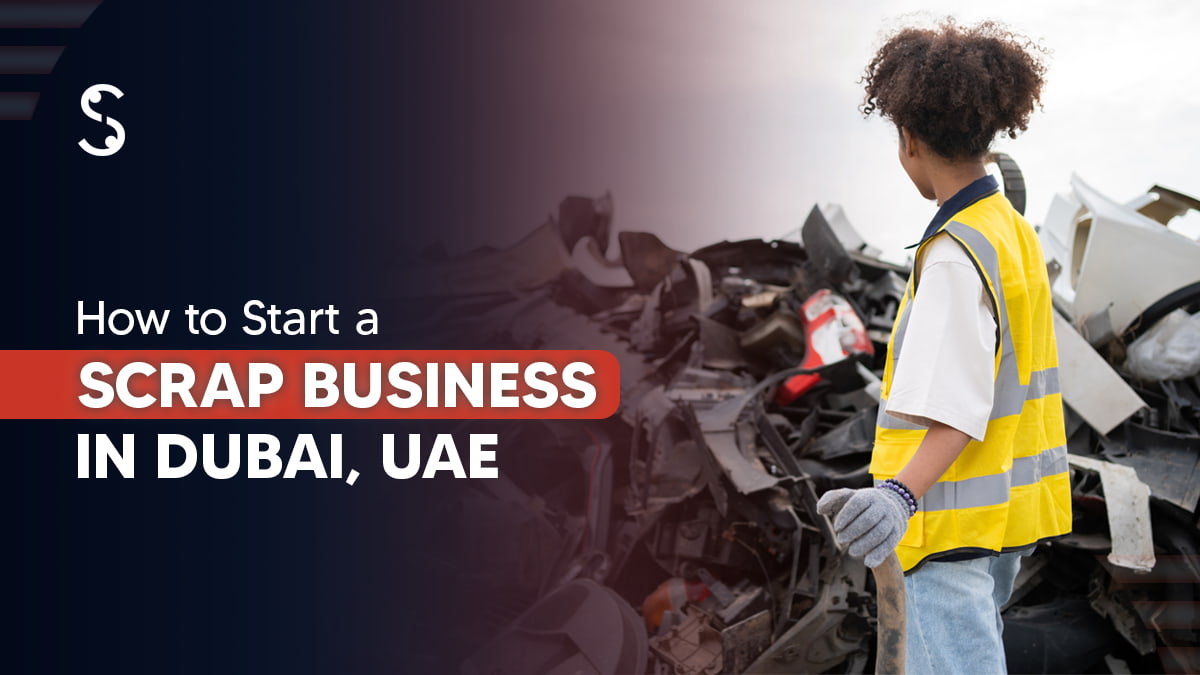How to Start a Scrap Business in Dubai, UAE
Starting a scrap business in Dubai is an increasingly profitable venture, significantly as the city ramps up its sustainability efforts and recycling initiatives. In 2023, the UAE’s scrap metal market reached an impressive USD 1.3 billion, reflecting a significant rise in demand fueled by Dubai’s urban development and environmental goals. Globally, the scrap metal recycling […]


